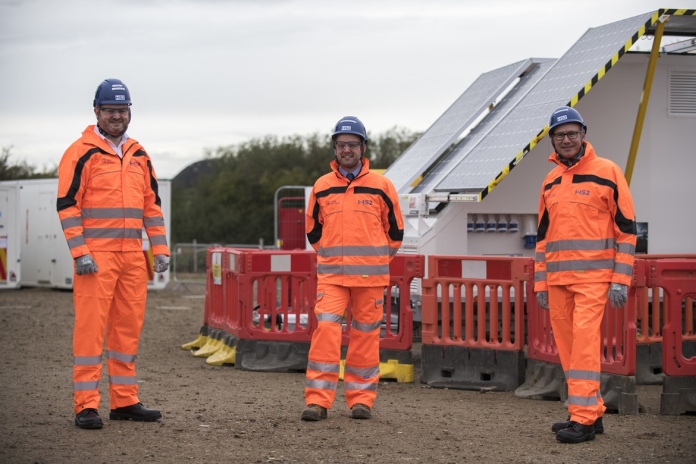
Costain and Skanska are trialling solar- and hydrogen-powered welfare cabins on HS2 construction sites, which HS2 has claimed have already cut over 100 tonnes of carbon.
The cabins, designed and manufactured by British company AJC Trailers, and supplied by hire firm GAP Group, are being trialled across locations run by enabling and main works civils joint ventures CSjv (Costain, Skanska) and SCSjv (Skanska Costain STRABAG) including Camden, West Ruislip and Uxbridge.
The EasyCabin EcoSmart Zero, which combines solar and hydrogen power, is set to be rolled out further across the HS2 project.
Data gathered from 16 Ecosmart ZERO cabins over a 21 week period on HS2 sites in Camden, Ruislip and Uxbridge showed that 112 tonnes of carbon were saved – the equivalent of what would be absorbed by over 3,367 trees over a whole year. In comparison, a standard diesel generator running would have used 40,000 litres of diesel fuel, HS2 claimed.
The hydrogen technology has been developed by scientists at Loughborough University. The unit is near silent, and emits only pure water vapour.
The cabins provide a kitchen, seating area, separate toilet and changing room for workers, with the power to run the heating, sockets, kettle and microwave coming instantly from the battery bank which is constantly fed by the built-in hydrogen fuel cell and solar panels.
Lee Davies, board member at Costain Skanska Joint Venture (CSjv) and Skanska Costain STRABAG joint venture (SCSjv) said: “Working closely with our supply chain, we have identified many ways to maximise our environmental outcomes, leading to several thousand tonnes of carbon dioxide equivalent (CO2e) saved to date. We have focused on identifying innovations and efficiencies throughout our whole programme, from our power supplies and fuel sources through to working methodology by reducing and recycling materials.
“Adopting these solar and hydrogen powered cabins will help us deliver our target of reducing our carbon footprint by 50%.”
HS2’s environment director Peter Miller said: “HS2 is supporting the UK’s green economic recovery and ensuring the UK is on track to achieve its commitment to reach zero carbon emissions by 2050. We aim to dramatically cut carbon on our construction sites, and constantly challenge our supply chain to introduce innovations by using the latest green technology.
“With over 250 active work sites between London and Birmingham, we have a huge opportunity to roll out British-made products such as this solar powered cabin, to dramatically reduce the project’s carbon footprint, bringing environmental benefits to local communities as we build the railway.”
Comments
Comments are closed.


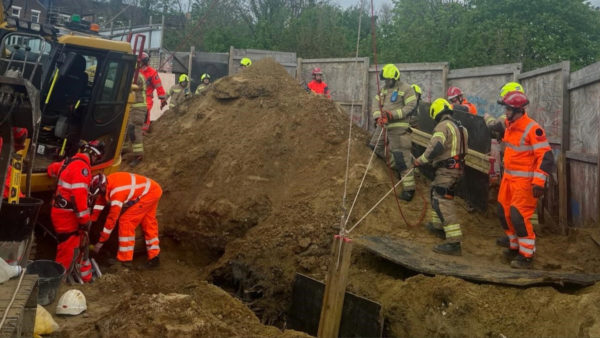
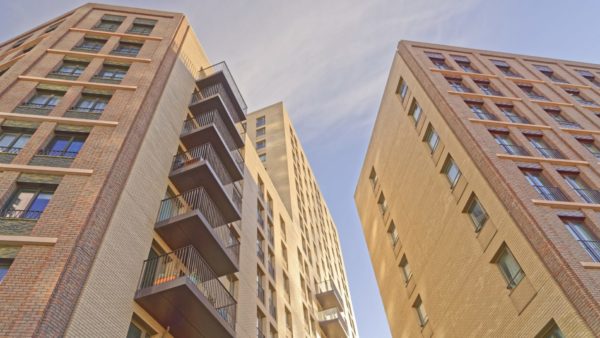
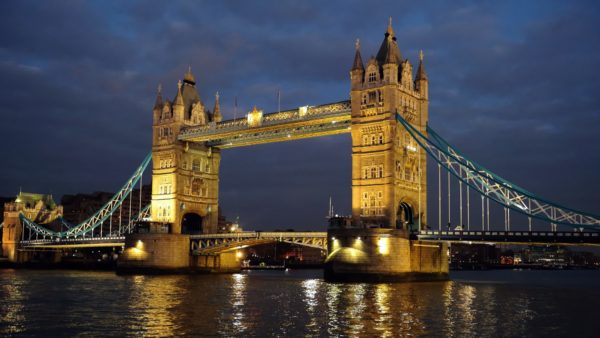
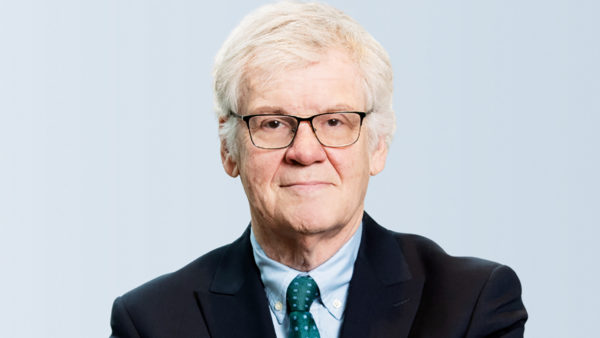

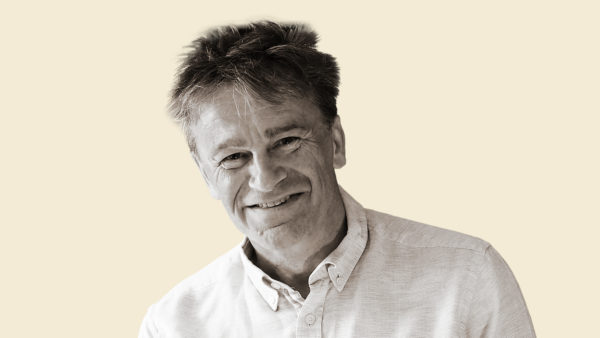


The Environment Agency lead on this. They were using hydrogen 5 yrs ago.